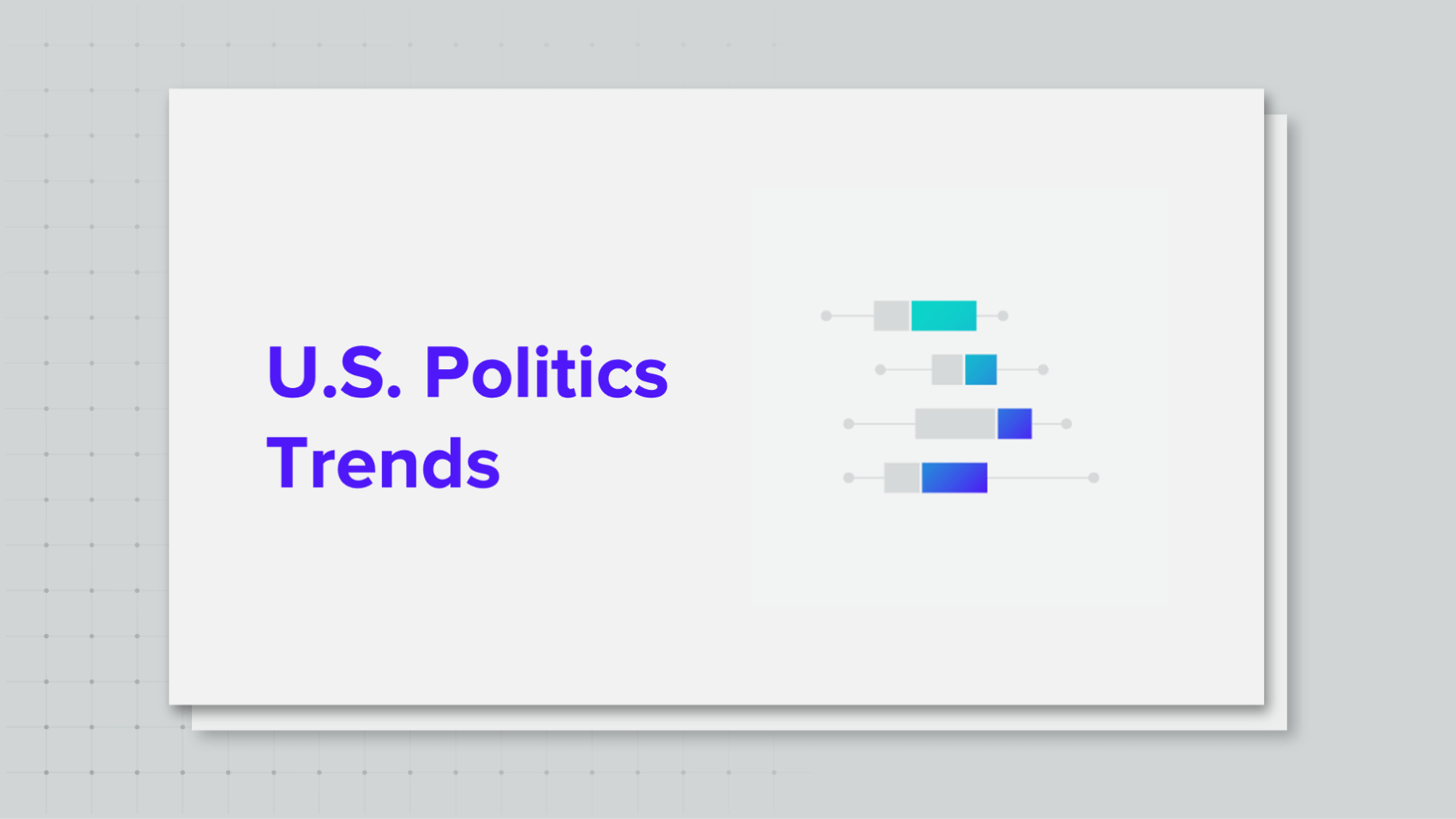We might not see this number of elections until 2048, when the global political landscape could be significantly different. THE “third wave” of democracy The steady global expansion of democratic governments that emerged at the end of the Cold War has slowed over the past decade. Elections are still being held, but the underlying political culture appears to be changing on a global scale.
In society after society, illiberal values and the politicians who adhere to them are gaining ground. Many elected governments appear determined to undermine fundamental principles of the democratic project, from freedom of the press to the independence of institutions such as the judiciary to the ability of opposition parties to compete fairly with the the ruling establishment.
Global freedom declined for the 17th consecutive year in 2023, according to Freedom House, a Washington think tank that monitors the health of democracies. Annual Report quoted a wave of coups that has ousted elected leaders in Africa and growing threats to the rights of journalists in dozens of countries. Separately, the International Institute for Democracy and Electoral Assistance, an intergovernmental watchdog based in Sweden, said in its annual report that “in all regions of the world, democracy continued to contract” and that 2022 marked a sixth consecutive year in which more countries experienced net democratic decline than improvements, according to its data. He predicts that 2023 will be no better.
This year’s news could be even more drastic. The results of crucial elections in the United States – the world’s oldest democracy – and India – the world’s largest democracy – could highlight a deepening situation. public appetite for strongman rule that circumvents norms. In their shadow, elections from Mexico to the European Union to Bangladesh could each offer their own showcase of the growing influence of nationalist and authoritarian politics. “We are democratically electing illiberal leaders,” said Maria Ressa, a prominent journalist and Nobel laureate from the Philippines. during a speech at the National Press Club in Washington in September. “We will know whether democracy lives or dies by the end of 2024.”
Here is a brief, and not exhaustive, overview of some of the elections to watch in the coming months.
The US presidential cycle will rightly receive global attention. Despite his growing legal problems, the former president Donald Trump seems poised to win the Republican presidential nomination at a canter. He would face President Biden in a presidential vote in November.
His party’s base is falling at the same rate, and many of his party’s lawmakers are either staunch Trump loyalists or too cautious about harming their own political fortunes by defying him. A new joint Washington Post-University of Maryland poll found that Republican voters are more sympathetic to those who stormed the U.S. Capitol on January 1. January 62021, than nearly three years ago, while more than a third of Americans believe President Biden’s victory in the 2020 election was illegitimate, regardless the overwhelming evidence to the contrary.
“From a historical perspective, these results would be frightening to many analysts,” Michael J. Hanmer, director of the Center for Democracy and Civic Engagement at the University of Maryland, told my colleagues.
Trump’s telling the “big lie” of 2020 election fraud seems like good politics — as does promising immediate retaliation if elected against a host of perceived enemies, from Democratic lawmakers to undocumented immigrants. Opinion polls of likely voters in the Iowa caucuses found that the prospect of incarcerating Trump’s political opponents appealed to nearly a fifth of those surveyed. more likely to vote for him. At the same time, the risk of political violence is growing, with some Trump supporters openly expressing their willingness to take up arms in his name, as they did in 2021.
The toxicity of the moment has spiraling effects for Americans. “Democratic deliberations, but also compromises and coalition building, have become more difficult. » British think tank Chatham House noticed last month. “Efforts to reduce income inequality have so far failed, and data from swing states suggests the situation is worse than ever, according to the Federal Reserve’s recent Survey of Consumer Finances. It is in this context that the 2024 elections are taking place.”
A similar sense of crisis is shaking European politics. The far right is stable capturing the political mainstreamThe crisis, fueled by public anxiety over migration and stagnant economies, could peak in June’s European parliamentary elections.
“It is entirely possible that the different far-right forces will emerge as a single bloc” John Kampfner wrote in Foreign Policy. “This might not lead to a change in the composition of the European Commission (the diminished dominant groups would still collectively hold the majority), but such an extremist push would change the overall dynamic across Europe. »
Whether in coalition or at the head of a power bloc, the far right also appears poised to come to power in Portugal in March and Austria in June. In Germany, Europe’s economic engine, the rise of the far right could score unprecedented victories in a handful of regional elections.
Meanwhile, Britain’s embattled Conservatives have makes migrants a punching bag in a desperate attempt to avoid what appears to be a looming election defeat this year at the hands of the opposition Labor Party, led by Keir Starmer, a political moderate. The vote has not yet been scheduled.
Outside the West, other major elections show the perilous state of various democracies. This weekend’s elections in Bangladesh extend the mandate of long-ruling Prime Minister Sheikh Hasina, who critics say has transformed the country into a de facto one-party state.
In India, next door, Prime Minister Narendra Modi’s Hindu nationalists are likely to strengthen their grip on power in national elections, expected to take place in April and May, thanks to their dominance in northern and central India. . Another five-year term for Modi will further distance the Indian republic from the pluralist, secular ethos of its founding.
The long-ruling African National Congress faces its toughest test yet from the opposition in yet-to-be-scheduled elections amid growing disenchantment and frustrations broader voter support for the country’s post-apartheid democracy. Almost three quarters of South Africans in a recent poll, they said they were willing to sacrifice their democracy if a leader could create jobs and reduce crime.
The stakes are different elsewhere: elections in Indonesia in February and Mexico in June could see term-limited incumbent presidents extend their influence through friendly successors, to the great dismay of rival political elites. And Pakistan, plunged into an ongoing political crisis since the 2022 ouster (and then arrest) of populist Prime Minister Imran Khan, is trying to turn the page with February’s elections, even if Khan’s faction remains outraged. alleged attempts to stack the vote against them.
President Nicolas Maduro’s regime in Venezuela is expected to hold elections this year, following negotiations with the country’s beleaguered opposition. It is not yet clear how free or fair they will be. In Ukraine, presidential elections are supposed to take place at the end of March, but the current state of emergency imposed by the Russian invasion could lead President Volodymyr Zelensky to postpone the vote.
In Taiwan, where elections are being held this month, a victory for the ruling Democratic Progressive Party is expected to increase the possibility of Chinese military escalation across the strait – something that has been highlighted by the opposition-friendly Kuomintang. Beijing. Whatever the outcome, observed the Guardian’s Simon Tisdallthe vote “will provide a valuable demonstration of the great value that democracy still has – when a determined people have a real choice amid strong external pressures.”




